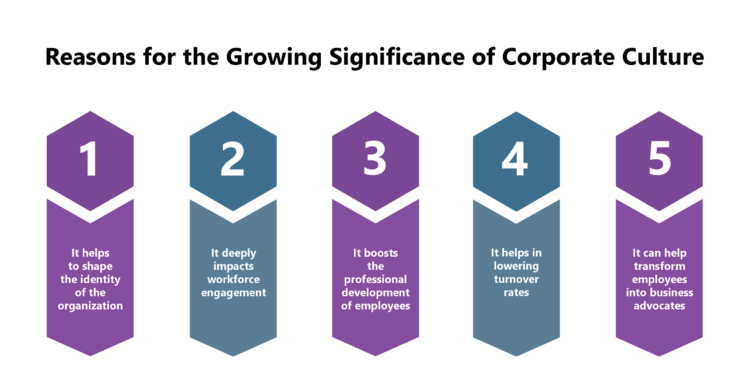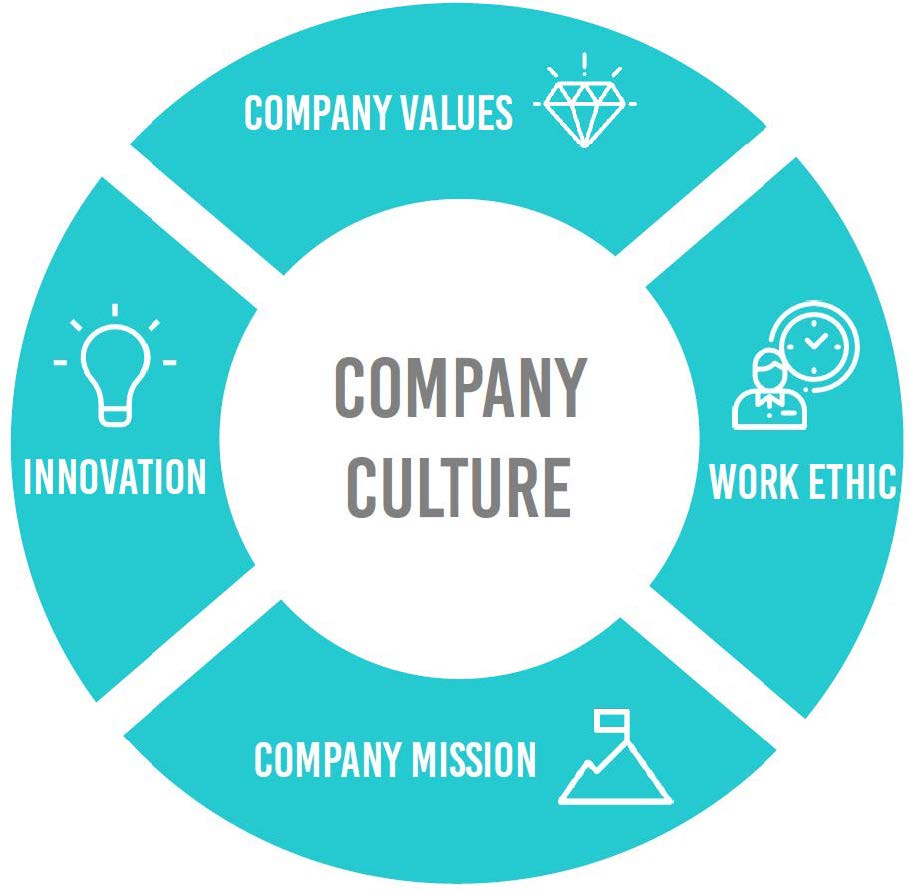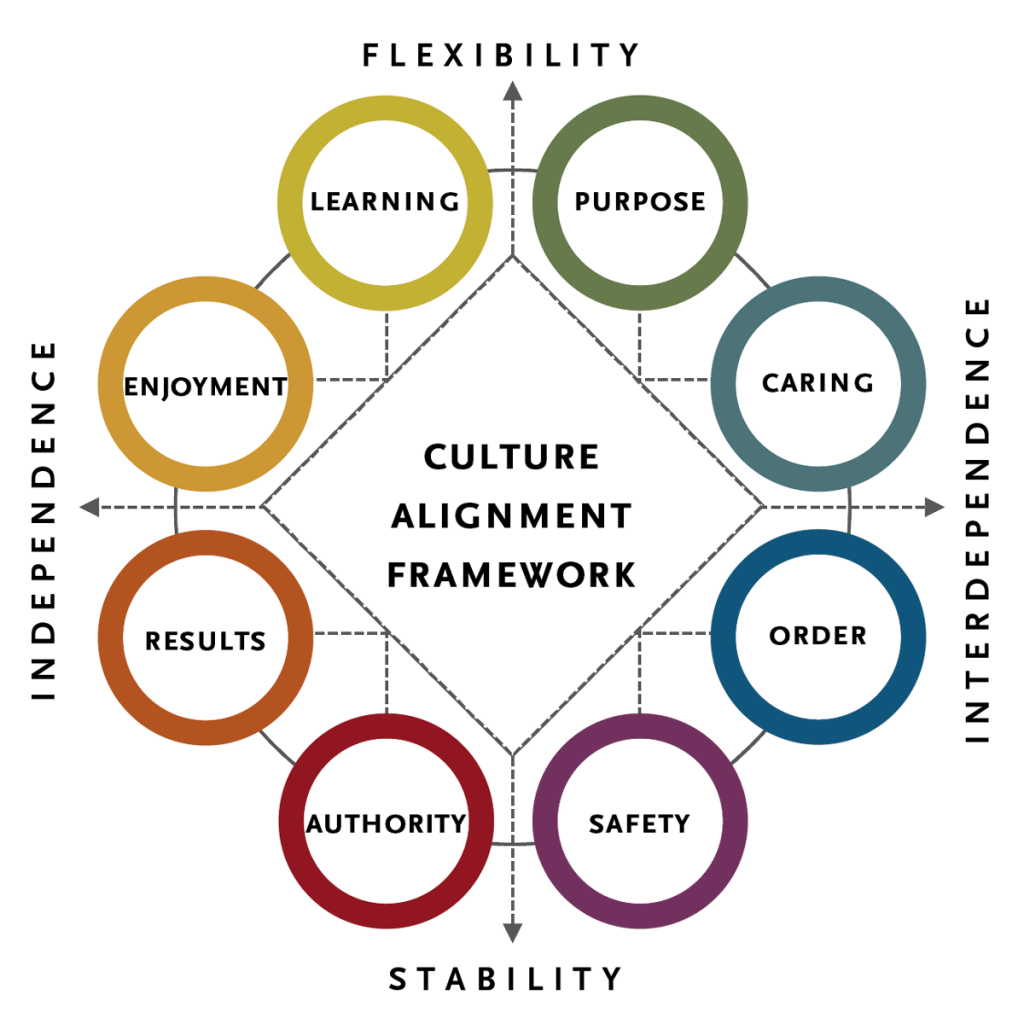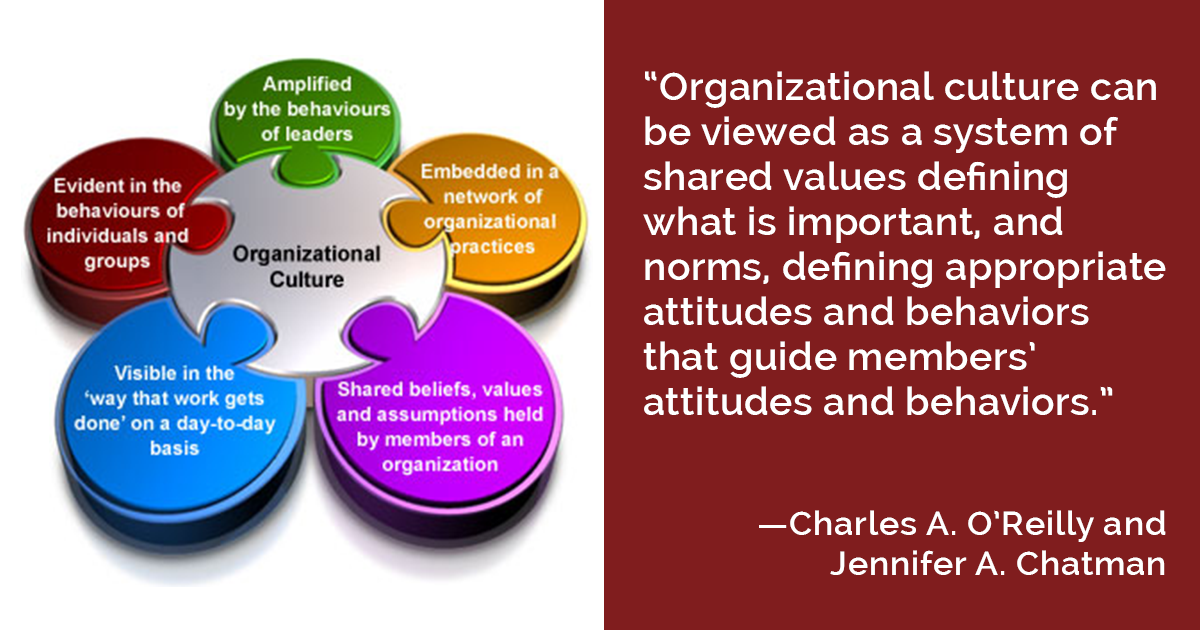What Is Corporate Culture And Why Is It Important

Businesses are failing, projects are stalling, and talent is fleeing. The silent culprit? A toxic or simply neglected corporate culture, costing companies billions annually and hindering innovation.
This isn't just HR jargon; it's the bedrock of organizational success. It dictates how employees interact, how decisions are made, and ultimately, how well a company performs. Understanding and cultivating a positive corporate culture is no longer optional; it's a survival imperative.
What Exactly is Corporate Culture?
Corporate culture, at its core, is the shared values, beliefs, and behaviors that shape a company's environment. It's the "personality" of the organization, influencing everything from employee morale to brand perception.
Think of it as the unspoken rules that govern how work gets done and how people treat each other.
According to a 2019 Gallup poll, only 30% of U.S. employees are engaged at work, highlighting a widespread disconnect between employee expectations and the realities of many corporate cultures.
The Devastating Impact of a Negative Culture
A toxic corporate culture breeds distrust, burnout, and high turnover rates. SHRM (Society for Human Resource Management) estimates that the cost of turnover due to toxic culture can reach up to $223 billion annually.
This translates to lost productivity, increased recruitment costs, and damage to the company's reputation.
Furthermore, a negative environment stifles innovation and creativity. Employees are less likely to take risks or share ideas when they fear ridicule or retribution.
The Power of a Positive Corporate Culture
Conversely, a positive corporate culture fosters collaboration, innovation, and employee loyalty. Companies with strong, positive cultures often experience increased profitability and market share.
Employees are more engaged, motivated, and committed to the company's success. This leads to higher productivity, better customer service, and a stronger brand reputation.
A study by Deloitte found that companies with a strong culture are twice as likely to be seen as leaders in their industry.
Key Elements of a Thriving Corporate Culture
Building a positive corporate culture requires a deliberate and ongoing effort. There are several key elements that contribute to its success.
Clear Values and Mission
A company's values and mission should be clearly defined and communicated to all employees. These principles should guide decision-making and shape the company's overall direction.
Open Communication
Encourage open and honest communication at all levels of the organization. Employees should feel comfortable sharing their ideas, concerns, and feedback.
Employee Recognition and Appreciation
Recognize and reward employees for their contributions. Show appreciation for their hard work and dedication.
Opportunities for Growth and Development
Invest in employee training and development. Provide opportunities for employees to learn new skills and advance their careers.
Leadership by Example
Leaders must embody the company's values and behaviors. They should serve as role models for their employees.
Immediate Actions for Transformation
Companies need to urgently assess their current corporate culture through employee surveys, focus groups, and 360-degree feedback.
Based on the assessment, develop a concrete plan to address any issues and improve the overall environment.
Regularly monitor progress and adjust the plan as needed. Creating a positive corporate culture is an ongoing journey, not a one-time fix.
The future of business depends on prioritizing people and creating workplaces where employees can thrive. Invest in your culture now, or risk falling behind.


















